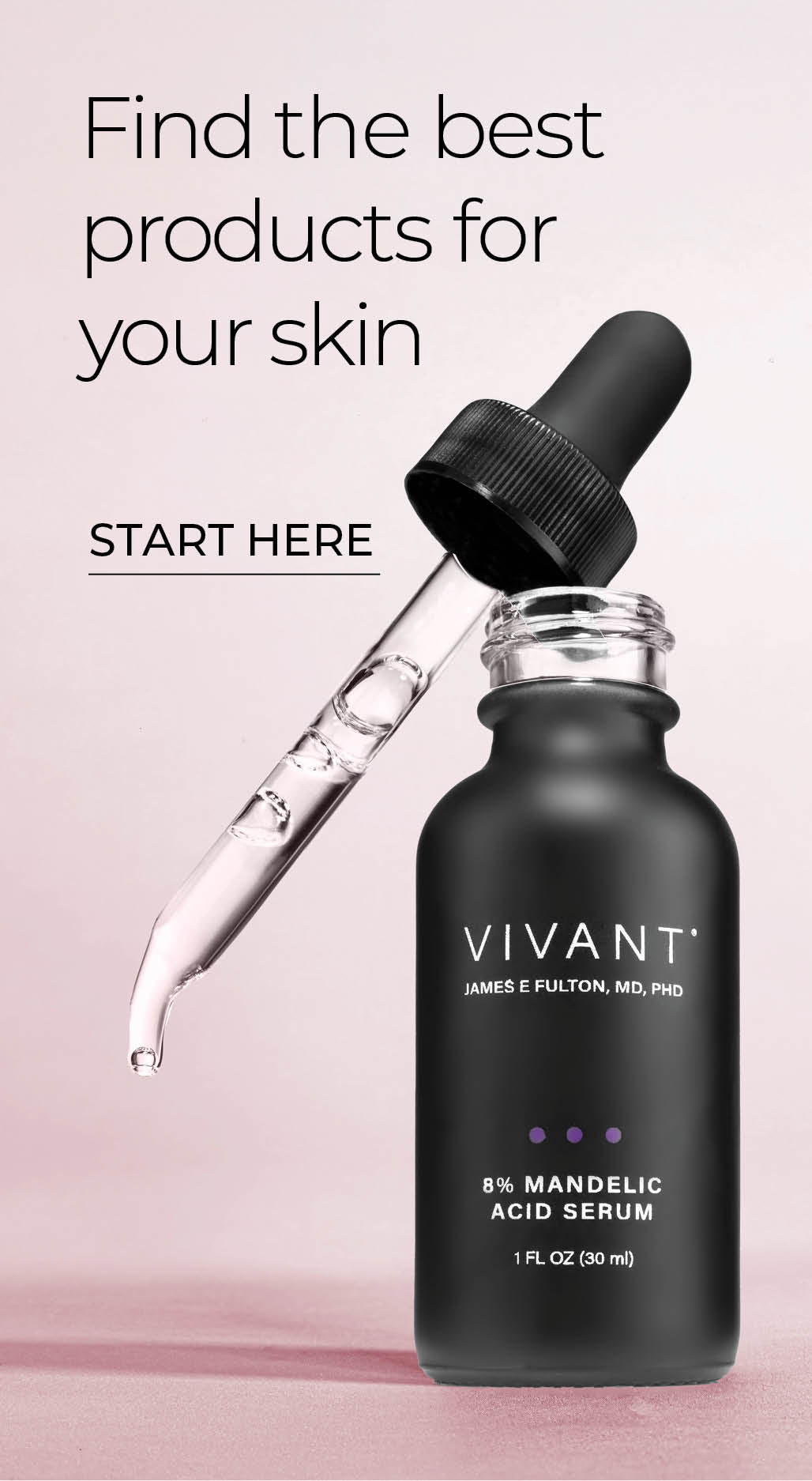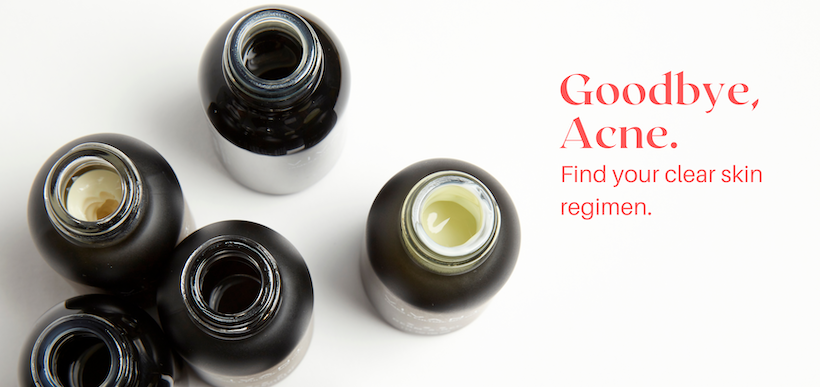How to Calm Winter-Fueled Rosacea

Winter is full of rosacea triggers. Whether you live in a frigid, snowy climate, or experience milder, dry weather, your rosacea-prone skin is likely to act out during the winter months. Cold winds, drying indoor heat, stress, even your hot cup of tea in front of a roaring fire can be factors in increasing redness and irritation. But with some extra care and the right products, you can weather the season with a calm complexion.
Best Products to Reduce Rosacea Symptoms
Rosacea-prone skin is characterized by a weak moisture barrier and excessive transepidermal water loss. Anything that creates irritation will exacerbate the condition further. Skip the scrubs and avoid ingredients that are harsh or drying. When washing, refrain from using hot water, which can pull moisture from the skin.
Look for soothing, healing ingredients that will help improve the skin’s barrier function. Niacinamide boosts ceramide production and reduces inflammation. Aloe is a calming healer. Green tea extract is a protective antioxidant and potent anti-inflammatory. Lactic acid gently exfoliates while pulling moisture into the skin. Rosehip extract and grapeseed oils nourish, hydrate, and protect against environmental stressors. Our top product picks for restoring calm to your skin during the harsh winter season and beyond are full of these nourishers.
If your rosacea-affected skin is also oily or acne-prone, wash with Green Tea Antioxidant Cleanser. It reduces sebum while providing powerful anti-inflammatory effects. Green tea extract stimulates cell repair, enhances the skin barrier, and strengthens capillaries, which may reduce the appearance of spider veins.
For dry rosacea skin, Cleansing Milk is a creamy, nutrient- and moisture-rich cleanser formulated with grapeseed oil and other hydrating elements.
Vivant’s alcohol-free Skin Nourishing Toner is a calming cocktail of niacinamide, mandelic acid, green tea extract, and rosehip extract. Use it to hydrate and refine without stripping and to prep skin for better absorption of your serum.
Your corrective serum should contain peptides. These protein builders act as cellular communicators to stimulate collagen production. They also inhibit the pathways for inflammation.
Vivant’s Rejuv Rx pairs peptides with gently exfoliating lactic acid and nourishing niacinamide to bolster the skin barrier and combat redness while increasing elasticity and volume.
If there is acne associated with the rosacea, try Derm-A-Renew. This gentle corrective serum is a hybrid peptide and Vitamin A formula designed to gently clear impactions, reduce inflammation, and strengthen skin structure.
Add moisture and heal inflamed skin with Totaloe Calming and Hydrating Gel. Whole leaf aloe, plus barrier-boosting niacinamide, sea algae extract, and green tea extract make this healing moisturizer the perfect ally for skin in need of soothing replenishment and repair.
Just because it’s winter, doesn’t mean you can forget about the effects of the sun. Use sunscreen every day to avoid the inflammation caused by exposure to UV. Day Treatment Lotion SPF 15 gives you hydration and sun protection in a single, non-greasy formula for everyday use.
To further help avoid rosacea symptoms during the cold season, the National Rosacea Society provides these tips:
- Minimize time outdoors in inclement weather.
- Wear a scarf or ski mask to protect the face from wind.
- Wear loose, layered clothing to protect from both cold outdoor weather and indoor heat.
- Use sunscreen. Sun exposure is the most common rosacea trigger and can affect the face even in winter.
- Avoid stress.
- Limit consumption of heated beverages and alcohol, another common rosacea trigger.


Comments